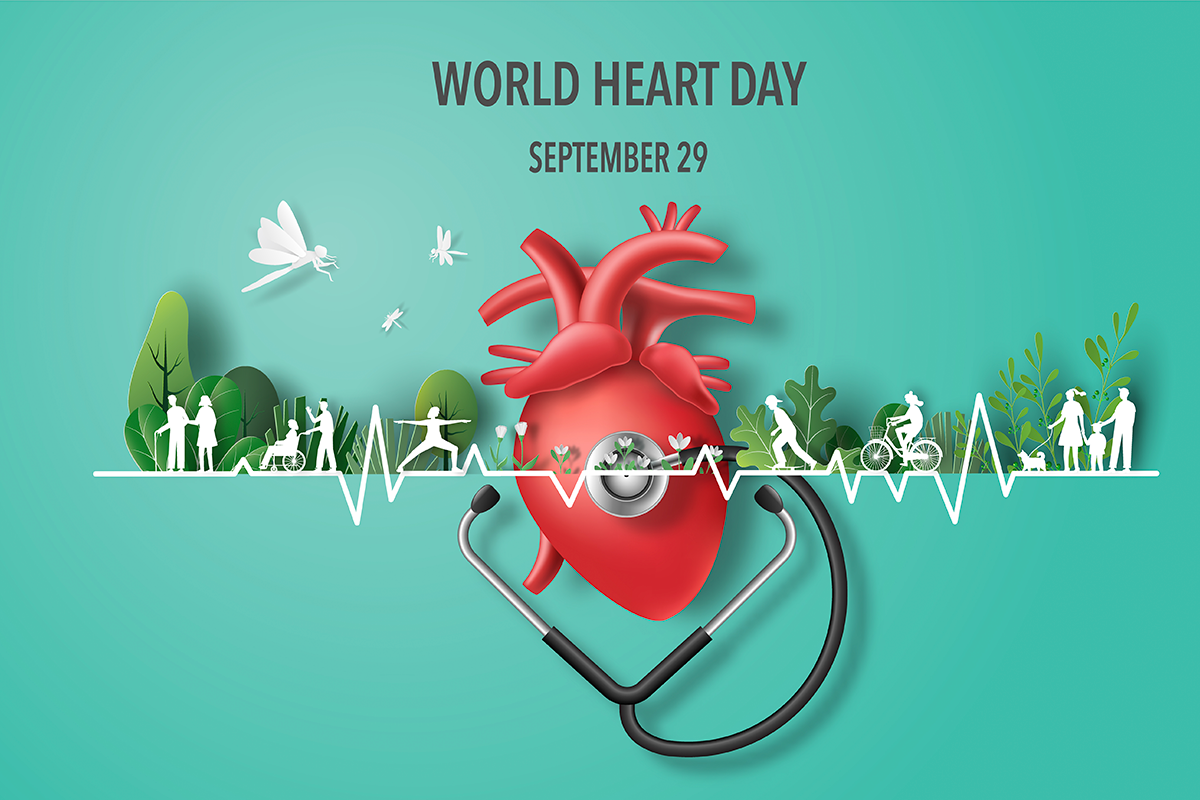 September 29, 2022
September 29, 2022
Did you know that heart failure begins as a minor condition?
At first, we may not feel worn out or out of breath. And unlike a heart attack, it is not a sudden event. Nevertheless, the mild condition can worsen so much that doing everyday activities becomes challenging because the heart fails to function as effectively as it should.
Better late than never, we should explore all the important facts about heart failure and never overlook any early indications. To feel more in charge of our life, we need to have a good grasp of everything-from diagnosis to treatment options. Let's begin our journey of making informed heart-friendly decisions.
What is heart failure?
If you experience heart failure, it doesn't mean that your heart has "failed" or suddenly stopped beating. Instead, it refers to the condition when the heart is not properly pumping blood. As a result, the heart delays blood circulation throughout the body.
Consequently, fluid builds up in the body, and the organs do not receive the necessary quantity of blood. In other words, the heart does not function as effectively as it could.
What are the symptoms of heart failure?
When your heart is not properly pumping blood, you might not initially experience any symptoms. However, when the condition worsens, it may result in:
Is there a test for heart failure?
Absolutely. Your doctor will examine you and may recommend one of the following tests if they suspect you may have heart failure:
Electrocardiogram (ECG)
This test detects the electrical activity in the heart and indicates whether you have an irregular heartbeat or have already experienced a heart attack.
Brain natriuretic peptide (BNP) or N-terminal pro-BNP (NT-proBNP) blood testing-
Individuals with heart failure have high BNP or NT-proBNP levels.
Chest X-ray
A chest X-ray shows the presence of fluid in the lungs. Additionally, it reveals the big blood vessels and the basic structure of the heart.
Echocardiogram
Echocardiography produces an image of your heart activity using sound waves. It displays the size of the chambers in the heart, the efficiency of the heart's circulation, and the functionality of the heart valves.
Stress test
A stress test may require running or walking on a treadmill while performing an ECG or other heart examinations. As the heart needs more blood when exercising, doctors use this test to determine whether the heart receives enough blood under stress.
Cardiac Catheterization
It is a procedure in which a doctor inserts a small tube into a blood vessel in your neck, arm, leg, or another body part. Next, the doctor takes measurements to check whether any of your heart's arteries are clogged or narrowed.
How is heart failure treated?
There are several ways to manage heart failure, but medications and surgical interventions are essential for keeping the condition under control.
What can I do to protect my heart?
You'll feel at ease and lower the likelihood of developing heart failure if you follow these suggestions:
In conclusion, your heart's health is in your hands. Even though heart failure impacts the arteries leading to your heart, there are measures you can either take precautionary measures or adopt a healthy lifestyle that prevents the complications of heart failure. Simply put, you are in charge of your heart.
If you experience any symptoms related to heart conditions, don't delay consulting your doctor. Receiving the proper medical treatment and care is the only way to steer clear of any related medical complications.
To book an appointment with our team of expert cardiologists, contact us at +91-9540 114 114.
2026 © SSB Heart and Multispecialty Hospital.